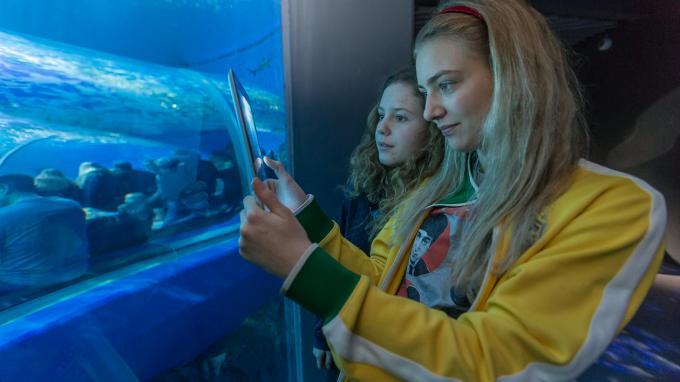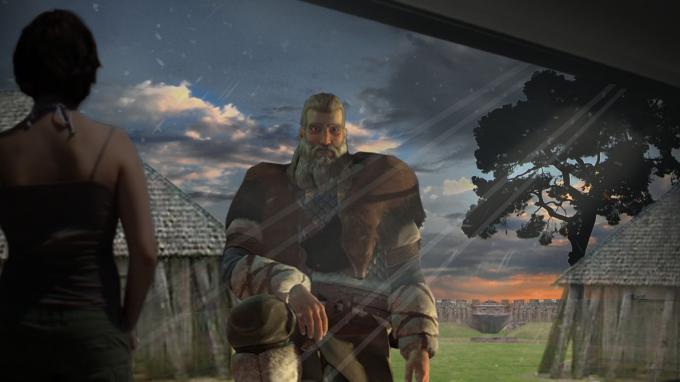Young people's use of science museums social media communication

The project aims at identifying the creative dynamics that occur when young people aged 12-20 are involved with social media activities in relation to natural science museums. It also studies how their interaction and reflection processes relate to the content and the communication purposes intended by the museums.
_cropped8e85.jpg?itok=eDtrhlph×tamp=1377597461)


